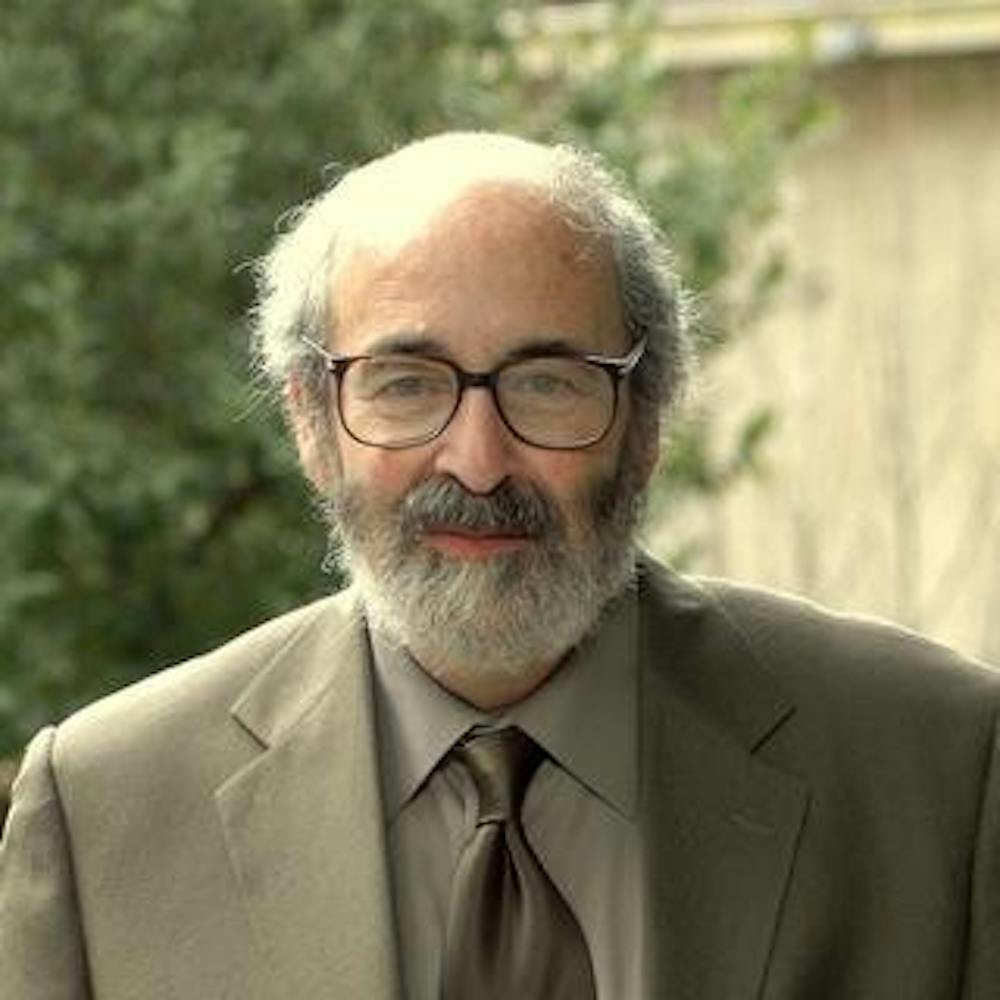
Two Penn professors signed a letter openly denouncing victim-centered approaches to university sexual assault and harassment investigations.
The letter argues that the "believe the victim" approach endangers the accused’s rights to due process, or fair treatment in determining the person's guilt.
"The undersigned professors and legal experts write regarding the use of investigative 'victim-centered' practices that threaten to subvert the objective collection and presentation of evidence in administrative, civil, and criminal sexual assault proceedings," the letter reads. "These guilt-presuming methods include 'victim-centered' investigations, 'trauma-informed' theories, and the admonition to always 'believe the victim.'"
The document is sponsored by Stop Abusive and Violent Environments, also known as SAVE, a Maryland-based group. A total of 137 attorneys and professors signed the letter, including Penn Law School professor David Rudovsky and Alan Charles Kors, an emeritus Penn history professor.
“It’s outrageous to me that a charge so serious as rape or assault should be heard in a biased university hearing rather than in a court of law that provides people with protections of fairness and due process," Kors said.
Rudovsky declined to comment.
The letter voiced its objection towards the credibility of trauma-informed approach in sexual assault investigations, or the "believe the victim" approach. The approach has traditionally been an attempt to encourage victims of sexual assault to step forward.
Kors said he believes the University should not have a separate procedure for handling accusations of sexual assault and rape, and that students reporting sexual assault should have to press formal criminal charges.

Kors added that it was "absurd" for universities to handle cases surrounding sexual assault, comparing them to "witchcraft trials."
“As you know, this University believes women," Kors said. "The Office of Student Conduct is as feminist, as friendly to women, [and] as prepared to believe anything of which a man is accused."
"Of course women are taken serious when they make rape accusations at a place like the University of Pennsylvania,” he continued.
Rudovsky is a well-known civil rights and criminal defense attorney. He has been a Senior Fellow at Penn Law and taught several courses concerning criminal law since 1998.

Rudovsky won the University’s Lindback Award for Teaching Excellence in 1996. Kors was awarded the National Humanities Medal at the White House in 2005 and served as a Penn faculty member since 1968 before retiring last June.
Even without a criminal trial filed through the District Attorney's office, many universities like Penn have implemented policies expelling students that have been found guilty by an internal investigation of sexual assault or rape, without formal criminal proceedings.
Yet College sophomore Tanya Jain, the Programming Chair of the Penn Association for Gender Equality, said she thinks Penn has a responsibility to expel those found guilty of sexual assault.
"A lot of students don’t feel comfortable going through our justice system. I definitely think the University does have a place," Jain said. "Students should feel like they can rely on the University to make sure they feel safe on campus."
Some Penn Law professors also disagreed with the letter's contents.
"I would like to switch the dialogue around ‘believe the victim’ to ‘let’s not shame the victim.’ I think that’s really what is meant here," Penn Law professor Claire Finkelstein said.
She added that since university procedures are separate from courts of law and do not result in prison sentences, universities have the responsibility to institute "believe the victim" approaches to combat stigma and to encourage victims to report such incidents.
Finkelstein previously helped revise the University's current sexual assault and harassment policies along with General Counsel Wendy White and former Provost Vincent Price.
Penn Law professor Cathy Carr, a 1979 Penn Law graduate, said the current University protocols had been instituted to correct a traditional "imbalance" in which there were high levels of skepticism concerning the allegations made by victims of sexual violence.
“I think there is room for conversation about what these processes should look like," Carr said. "But I don’t think anyone should be shutting down the conversation, and to a degree, that’s what the SAVE letter seems to do.”
The Daily Pennsylvanian is an independent, student-run newspaper. Please consider making a donation to support the coverage that shapes the University. Your generosity ensures a future of strong journalism at Penn.
Donate







